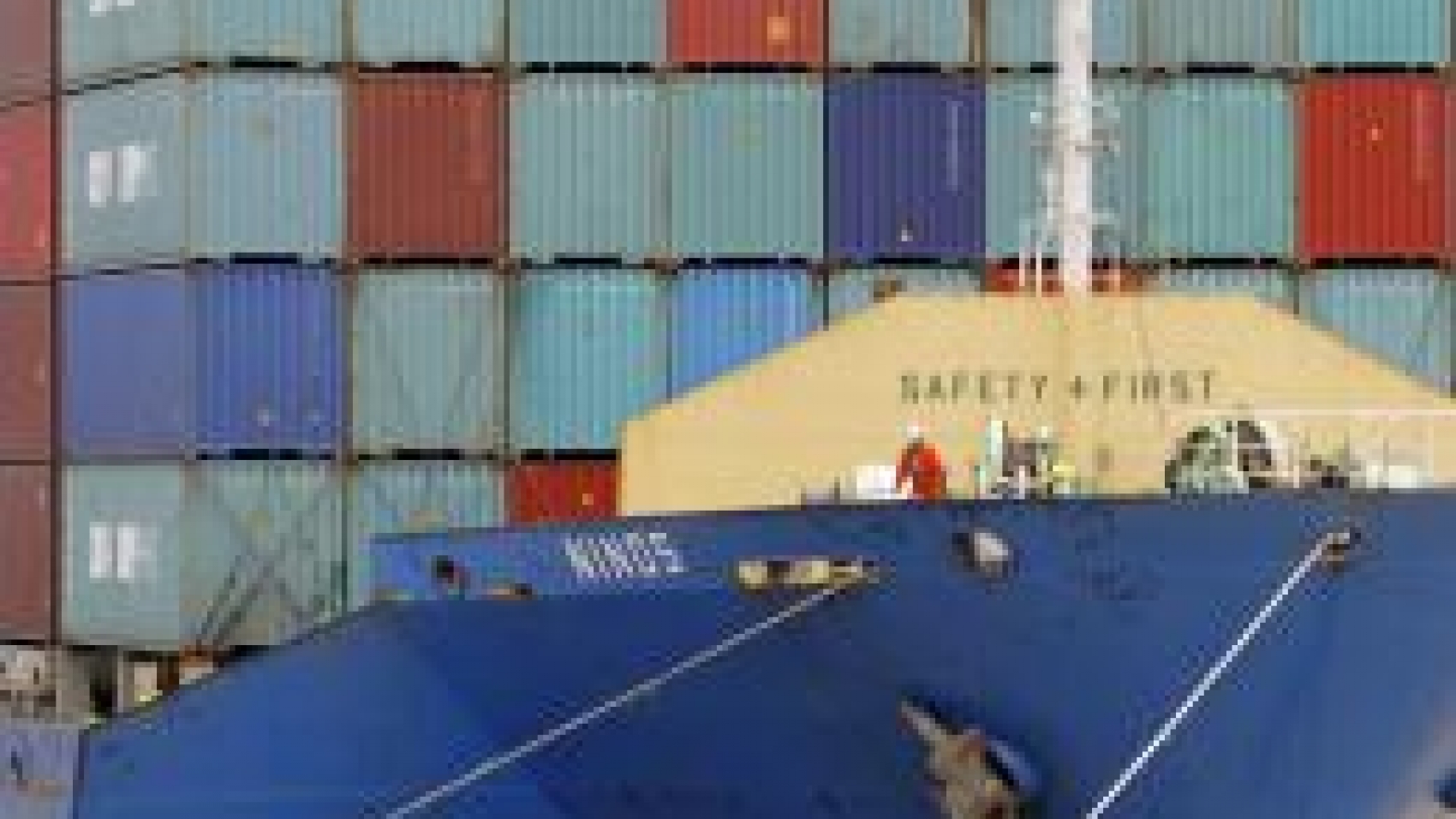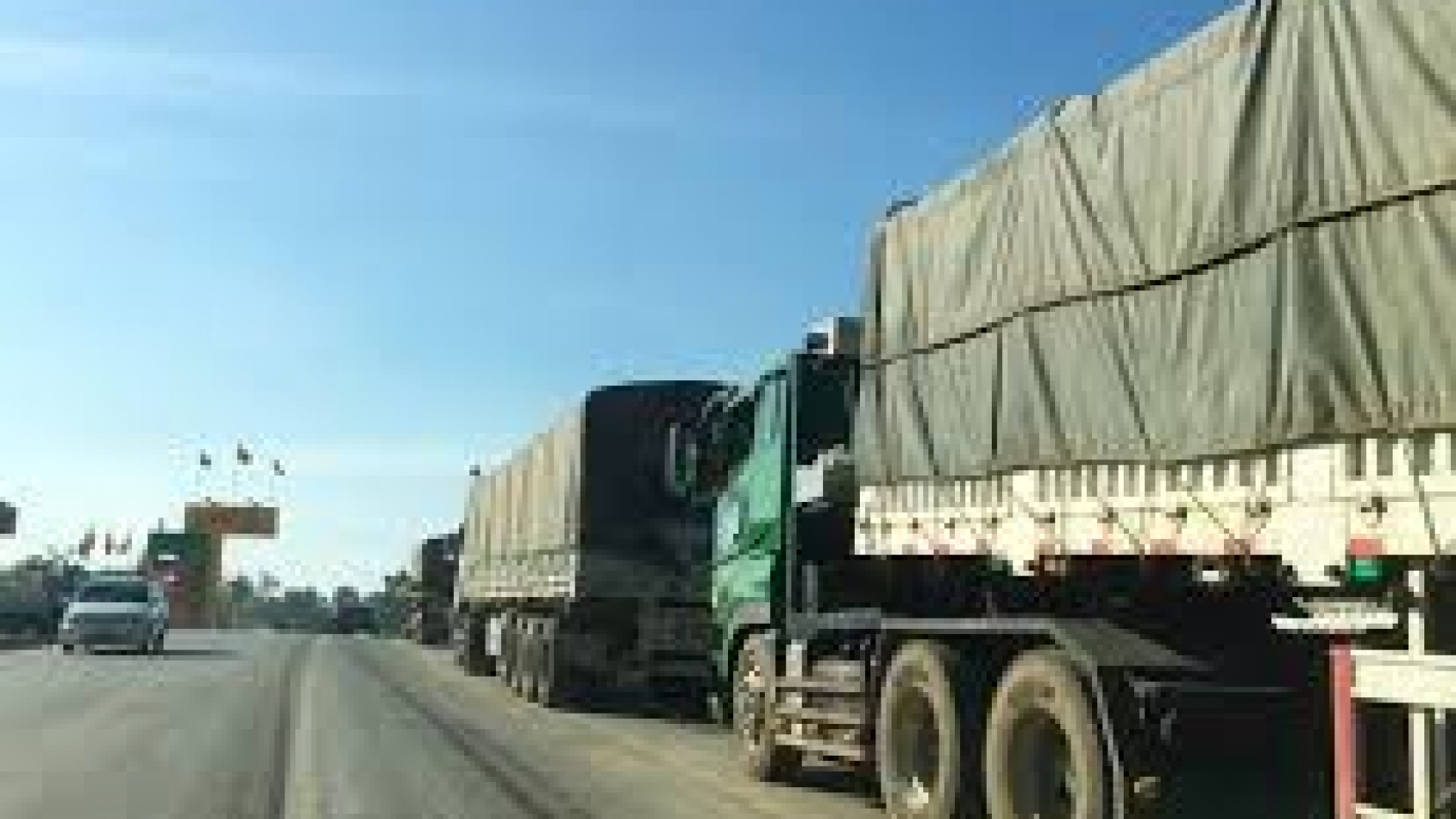The Myanmar Port Authority will permit larger ships with drafts of up 10 meters to call at the Thilawa Port in Yangon this month, according to its latest announcement. This is expected to enable more containerized cargo throughput at the port and encourage higher volumes of trade. About 95 percent of Myanmar’s trade is conducted by sea. In the last fiscal year, cargos worth over US$10.4 billion was exported and US$15.6 billion was imported via the maritime route.
Yangon’s two main ports, Thilawa and the Port of Yangon, are located along the Yangon river where container vessel sizes are restricted due to sandbars located along the navigation channel. Yangon port is located in downtown Yangon while Thilawa Port is located 16km further downstream. Thilawa Port, which has a draft of 10 meters, is able to handle vessels of up to 20,000 tonnes, or 2000 TEUs in capacity. Up until early this year, only vessels with drafts of up to nine meters were permitted to call at the port. Yangon Port has a draft of nine meters and can handle vessels of up to 15,000 tonnes, or 1500 TEUs.
The number of vessels to Yangon is expected to rise now that larger vessels will be permitted to call at Thilawa. According to an analysis by ocean consultancy Royal Haskoning, based on draft levels and hours of high tide, Thilawa Port can accommodate up to 4,380 annual vessel calls. With an annual vessel call of 2,483 in fiscal 2015-16, this implies that Port of Yangon volumes could be limited by channel capacit when the vessel calls increase. With an estimated maximum 4,380 calls and an average of 1,200 TEU exchange per call, the navigation channel can potentially accommodate up to 5.3 million TEU annually, according to Royal Haskoning.
Source: Myanmar Times


